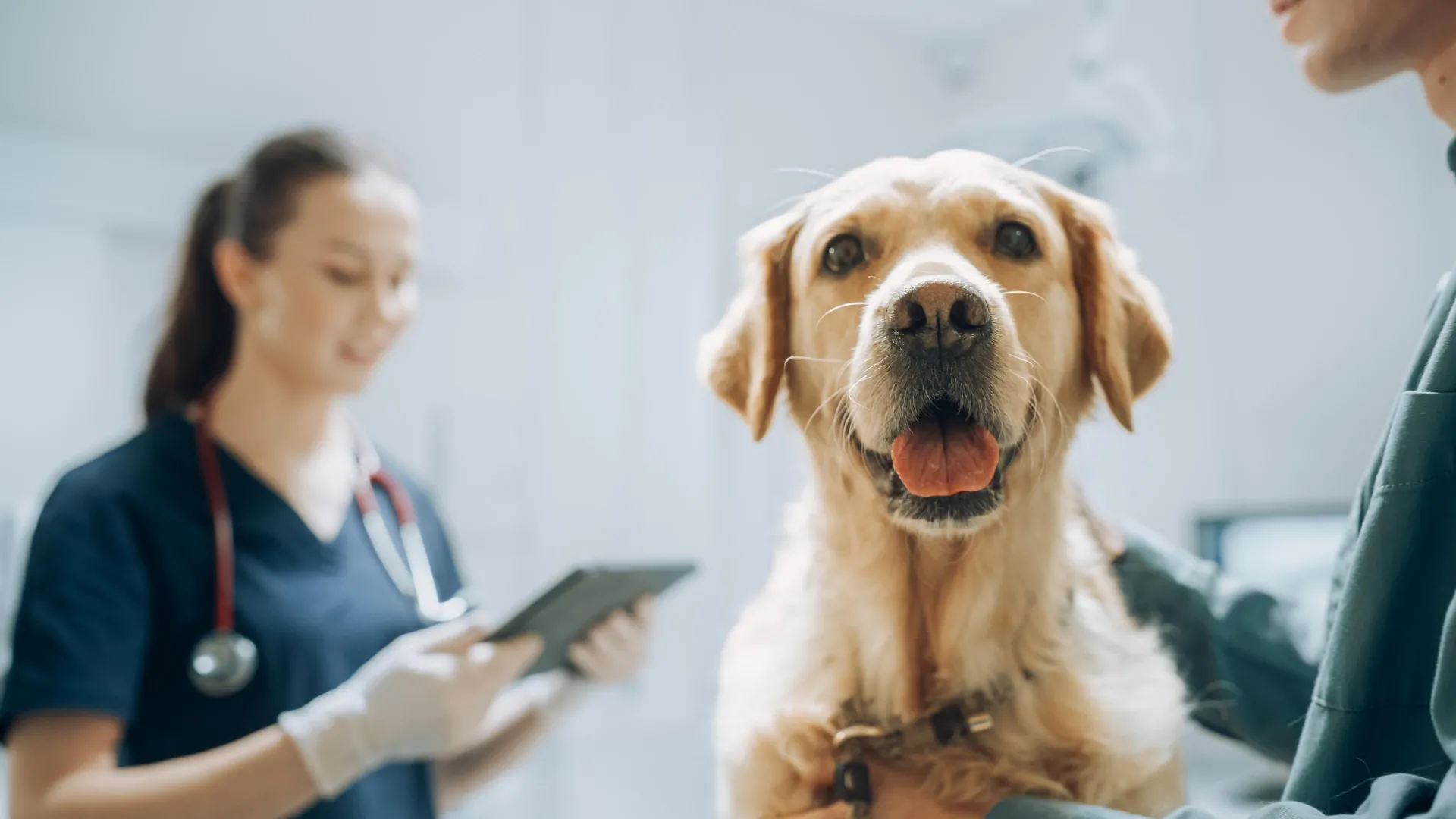Sniffing Out Parkinson’s: Dogs Can Detect the Disease From Skin Swabs, New Study Shows
In a groundbreaking new study, researchers have shown that dogs can accurately detect Parkinson’s disease (PD) from simple skin swabs — paving the way for earlier and less invasive diagnosis.
Published on July 15 in The Journal of Parkinson’s Disease, the study was a collaboration between Medical Detection Dogs, the Universities of Bristol and Manchester, and involved two highly trained dogs — Bumper, a Golden Retriever, and Peanut, a Black Labrador.
The dogs were trained to identify the scent of Parkinson’s disease from sebum samples collected from participants’ backs. Sebum is an oily substance naturally produced by the skin, and previous research had hinted that it may carry a unique odor in people with PD.
In a double-blind trial, the dogs demonstrated remarkable accuracy:
- Sensitivity: up to 80% (correctly identifying positive cases)
- Specificity: up to 98% (correctly ignoring non-PD cases)
Even more impressively, the dogs were able to identify Parkinson’s in people who also had other unrelated medical conditions — suggesting a distinct olfactory signature linked specifically to PD.
“There is currently no early test for Parkinson’s disease,” said Claire Guest, CEO and Chief Scientific Officer at Medical Detection Dogs. “Dogs can very accurately detect disease, and timely diagnosis could help slow progression and improve quality of life.”
Nicola Rooney, lead author and Associate Professor at Bristol Veterinary School, highlighted the potential:
“The dogs showed there is an olfactory signature distinct to Parkinson’s. Their high sensitivity and specificity suggest we may be able to develop a quick, non-invasive and cost-effective diagnostic tool.”
This research also ties into the ongoing Nose2Diagnose program, inspired by Joy Milne — a woman with an exceptionally sensitive sense of smell who first noticed the “Parkinson’s odor” on her husband before his diagnosis.
Professor Perdita Barran from The University of Manchester, who is helping to identify the chemical makeup of the scent, added:
“This adds to growing evidence that skin swabs could be a fast, accessible method for early detection.”
While dogs like Bumper and Peanut won’t replace doctors, their noses could help lead scientists to chemical biomarkers — the next step toward a definitive test for Parkinson’s disease.
